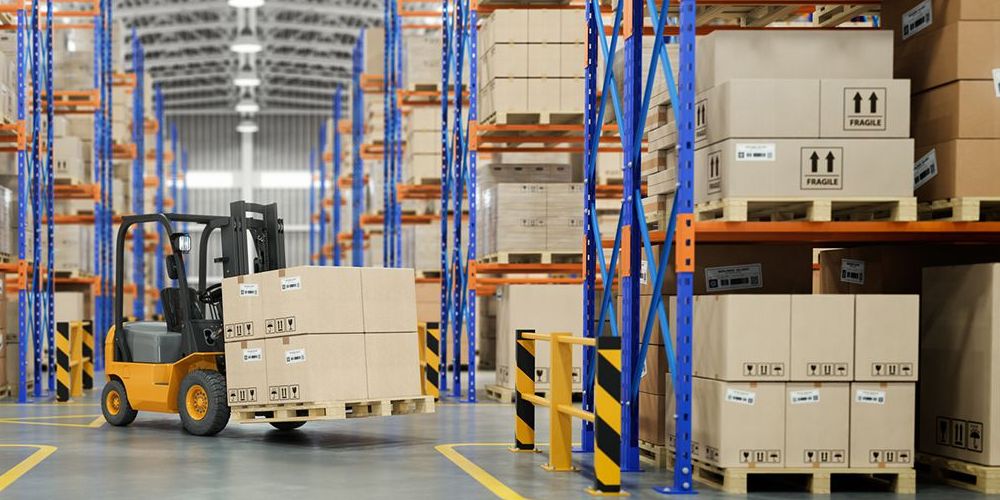Warehousing and distribution are critical aspects that define the success of a business when it comes to the supply chain. There is a need to develop the best strategy of warehousing services to ensure you save on costs and time. You already understand that warehousing services from China fulfillment involve multiple operations that could be expensive for a business to do on its own. In this case, it is essential to outsource warehousing and logistic services to receive expertise services.
Both small and large companies that opt to outsource the warehousing services get the best opportunity to focus on new areas when the logistic providers store more on their behalf more efficiently. The following are the benefits of outsourcing warehousing services to third-party warehousing providers.
Flexibility to Scale profits
Businesses that utilize the third-party warehousing service provider tend to be flexible in scaling profitability. It becomes easy to set up a distribution model that meets the business model. Instead of handling the warehousing operations, the business will focus on how they can grow into new markets that are within the warehouse location to allow their services to diverse into the customer bases.
On the other hand, the warehouse service providers will understand how they can maintain the appropriate level of stocks and ensure products are optimally served t customers when they need to purchase. They also ensure an aligned transportation and distribution network. With the streamlined operation in the warehouse, it is easy to adopt any fluctuations regarding seasonality, distribution channels, and consumer demand shifts.
Adding value to the supply chain
Warehouses provide a couple of value-added services and activities apart from storage. Examples of specialized services include assembly, repackaging, or kitting. The value-added activities are essential in supporting retail channels and ensure products are in the correct standards before going to the market. Warehouses can also perform inspection services, reverse logistics, or returns processing. In a supply chain, products can be returned, and the warehouse will take part in managing the logistics of the returns and the eventual return to the stock. Other services include order consolidation and cross-docking to reduce shipping costs and labor.
Outsourcing gives access to product expertise.
Outsourcing warehousing services to appropriate providers helps businesses realize the services because of their expertise in the industry. The business will also find it easy to focus on the core functions since outsourcing also reduces the costs and drive the efficiency required to perform other significant operations. Beware that warehouses understand every aspect of product flows in the industry. Similarly, it is easy for them to optimize processes within the warehouse to optimize and effectively serve customers and distribution channels. More importantly, warehousing service providers offer processes that drive productivity, efficiency, and cost improvement consistently.
Outsourcing provided innovative solutions.
Warehouses have integrated different kinds of innovative technology that can impact business productivity. Examples of technology that add visibility and connectivity to the supply chain include warehouse management systems, radio frequency identification, transport management systems, and electronic data interchange. It could be challenging for a business to achieve these technology solutions because it can be costly to keep up with these capabilities. These systems provide comprehensive support in warehousing operations as they improve logistic processes, forecasting upcoming trends, and offer considerable scale insights that could be useful in serving customers.
